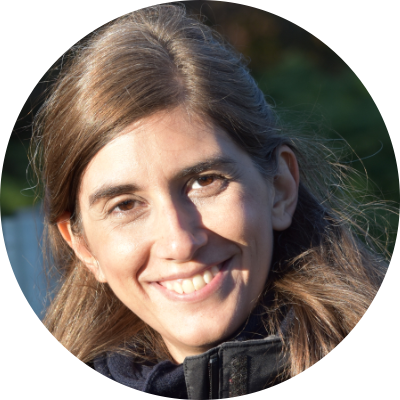
Vera Pozzi
PostDoc, 2021 – 2022
Bio
Vera Pozzi is Postdoc-Researcher in the Postsecular Conflicts Project – COrE Values since February 2021. In 2015 she obtained her PhD in Philosophy from the University of Milan. Her dissertation received the “Sangalli Institute Award for the Religious History 2016” and has been published under the title “Kant and Russian Orthodoxy. Ecclesiastical Academies and Philosophy in Russia between the XVIII and XIX Century” (FUP, Firenze 2017). During her university years she met the Russian poet and essayist Olga Sedakova and started reflecting about the role of world culture in late Soviet intellectual sphere. In 2014 she was invited to take part in the first international research project about Sedakova’s poetry and thoughts (The Poetry and Poetics of Olga Sedakova. Origins, Philosophies, Points of Contention, Moscow 2017 and Madison 2019). Her contribution, “The Poetic Anthropology of Olga Sedakova: In Dialogue with Sergei Averintsev and Boris Pasternak”, is devoted to the intellectual sources of Sedakova’s thought and aims to start tracing a map of Orthodox liberal intellectuals in contemporary Russia. In 2017-2018 she has carried out post-doctoral research at the School of Philosophy of the National Research University Higher School of Economics (NRU HSE) in Moscow, Russia. She developed a research project about Orthodox liberal intellectuals and their role in the public sphere in the early post-Soviet years. The first results of her research have been published in the article “Culture as paideia. Sergei Averintsev and Olga Sedakova: Mapping Out a Path for Contemporary Christian Humanism” (2019). Since 2019 she has collaborated with the “Lelio and Lisli Basso Foundation” and “Confronti Magazine and Study Center” (Rome, Italy) on a research project about religious pluralism and migration in Italy, focusing her contribution on the relationship between culture and religion in the life of a set of Orthodox parishes in the Lombardy region. In her research, Russian Intellectual History intertwines with Post-Soviet studies and Sociology of Religion.